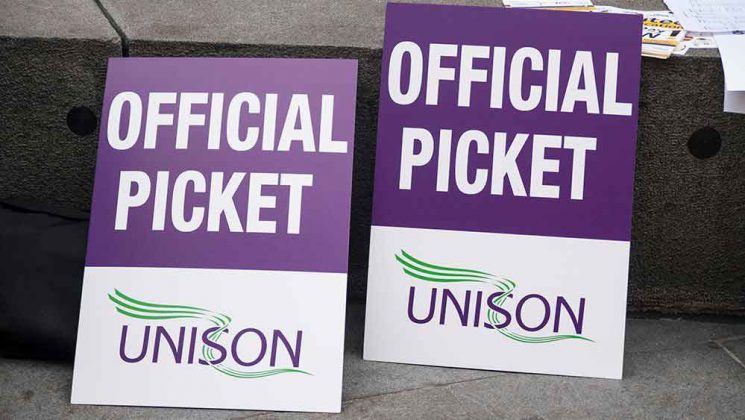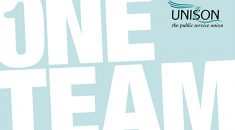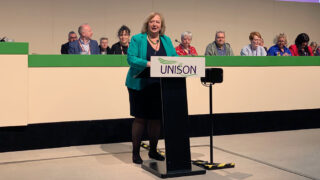UNISON’s national executive council (NEC) met today and heard reports on the preparations for strike action, balloting and re-balloting across the union, as the third Conservative prime minister of the year shows little sign of improving the lives of working people.
Addressing the meeting, general secretary Christina McAnea said that the “last time we met was just after Liz Truss was elected – by the Tories, not the country”.
The autumn statement from Chancellor Jeremy Hunt “did nothing to reassure us,” she added, noting that whatever the claims to the contrary, “we’re not all in this together”.
Ms McAnea stressed that UNISON was working with the TUC to try and put as much pressure as possible on the government. She has written to Mr Hunt and Prime Minister Rishi Sunak, but as yet had no responses.
The general secretary thanked branches and staff for helping to build an average of 35% turnout in the NHS ballot, noting that UNISON has “never had that level before” and it gives a great base to build on.
She also cited the 183,000-signature petition that was handed in to Downing Street, calling on the government to end the pay crisis, observing too that the union had been gaining good press coverage, nationally and in local media.
As well as hearing about the NHS pay ballot and industrial action plans, the meeting heard of the preparations for strike action in the Environment Agency, and how the union organised to meet the legal thresholds for the ballot.
In higher education, UNISON is also re-balloting 49 higher education institutions and a few more for the first time.
With a packed agenda, the council also:
- heard an update on organising, which revealed that the union has seen growth in five regions, driven by industrial mobilisation;
- welcomed the news of growth, it also discussed the importance of retention;
- heard about the landmark legal case of Polly Jones that the union supported;
- examined a raft of proposals on standing orders;
- passed a budget for next year.





